Continuing my series of author interviews with the finalists of the SFINCS contest, I’m now welcoming Nikky Lee, author of Once We Flew, a frontier sci-fi novella with a lot of heart. This is another one I’ve actually got around to reading and do recommend it!
Once We Flew by Nikky Lee
Four generations ago a generation ship crashed into the sands of Savene. Since then, its survivors have eked out an existence in the planet’s hostile desert. Yet, the tech is failing, the sands are encroaching, and people are dying.
Rescue is still generations away—if it comes at all.
But Marsa is a survivor.
And an outcast.
Infected with the Chrysalis—a disease that grants its carriers uncanny abilities—she keeps her distance from her dwindling community.
Until an old friend’s dying wish sends her and a young boy across Savene’s inhospitable sands in search of something Marsa had thought she’d long forgotten.
Hope.
About the Author
Nikky Lee grew up as a barefoot ‘90s kid in Australia and now lives in New Zealand with a husband, a dog, and a couch potato cat. She is the author of the award-winning Rarkyn Trilogy, A Night So Dark And Full Of Stars (collection), and Once We Flew, as well as over thirty short stories published in anthologies, magazines and on radio. Find her online at www.nikkythewriter.com
Now, onward with the interview!
PW: What inspired you to write Once We Flew?
NL: Once We Flew came to me in a bit of a roundabout way. Usually my stories start with a character or an idea that quickly fleshes into a character. Once We Flew began with a sentiment.
It was originally supposed to be a commissioned short story for a T.S. Eliot-inspired anthology. The idea was to celebrate the centennial of T.S. Eliot’s poem The Waste Land with each author in the anthology taking a line from the poem and turning it into a short speculative story. My line was ‘We who were living are now dying’ and, because I was silly and wanted to challenge myself, I decided that the line would be my starting point and my goal was to reverse its sentiment by the story’s end to become ‘We who were dying are now living’.
PW: Ah much like Consider Phlebas, continuing the tradition of growing great trees from Eliot’s innocuous seeds! It’s fascinating to see where such open quotes will take different writers.
NL: So, er, a confession: I have not read anything by Iain M. Banks *runs away and hides*. I have seen his books on lists and in bookshops and libraries for years and years, but I’ve never got around to reading one 🙈 But learning this has just shot Consider Phlebas a waaaay up my TBR mountain.
PW: Okay but beware, I’m not sure knowing that connection tells you anything about the book at all! Could also note Look to Windward, likewise, comes from that poem. Ahem – but Banks has enough attention, back to Once We Flew! Was it always intentionally a novella?
NL: Ha, definitely not! As I said above, it was supposed to be a short story between 7000 and 8000 words. It ended up being double that and then some, so I shelved Once We Flew and wrote a second, much shorter story for the anthology, about a game of chess with a fae and three fairytale-like trials. About six months later, I decided to dust off Once We Flew and publish it as a standalone novella.
PW: Does this book fit into the rest of your work?
NL: Once We Flew was intended to be a standalone story, so it’s not connected to any of my other works. However, a lot of my work tends to mash genres together, and Once We Flew is definitely following in those footsteps. It’s technically science fiction but in my mind it’s more of a science-fantasy that starts dystopian and evolves into something more hopepunk.
There are also some similarities to the rest of my work in terms of themes. Family and found family crops up a lot in my stories and it’s a core part of Once We Flew.
PW: And would you say this is the genre/setting you’re most drawn to? Once We Flew has a vivid and very specific Frontier/sci-fi feel to it, but going back to the first question using that Eliot quote might’ve taken somewhere completely different.
Now that I think about it, desert-inspired stories do appear a lot in my short fiction. I’ve done a few fantasy-westerns, a dark desert-city fantasy, as well as a post-apocalyptic cli-fi fantasy novelette set in the Australian outback (like I said, I’m a genre masher), so I guess writing desert settings has become familiar ground. I spent a lot of time camping in the Australian outback growing up, so it’s a setting that’s easy for me to visualise.
Also, as a side note, you can get a free copy of my post-apocalyptic cli-fi fantasy novelette when you sign up for my newsletter 😉
PW: Ooh, nice. I can certainly see how that outback influence could play out, makes sense! Next, do you find this length of story presents any particular benefits compared to longer or shorter forms?
NL: I’m a huge fan of shorter fiction as it lets me experiment without needing to commit to a full-length novel. Short stories and novellas are my playground to try new things, be it a new genre to a different tense, POV or narrating style. I also use them to practise various aspects of my writing craft that I feel I need to work on.
I also think novellas are a great way to dip a toe into self-publishing. One of my motivations for self-publishing Once We Flew was to learn the self-publishing ropes better and explore a couple of new distribution platforms before moving into bigger projects that I’d invested a lot more into.
PW: Very good point, and a good sell in self-publishing in that readers are perhaps more likely to take a chance on an indie author with a shorter work.
NL: Absolutely! Once We Flew has already gone above and beyond what I ever expected from it. It’s also a nice way for readers to take a punt on my sci-fi work as I’m more known for my fantasy.
PW: On the other hand, does publishing a novella present any particular challenges compared to longer or shorter work?
NL: There aren’t many downsides, but I have noticed it is a lot harder to sell novellas and novelettes to paying magazines. Most simply don’t accept submissions of that length. It was part of the reason why I chose to self-publish Once We Flew; I couldn’t see any magazine taking it on because of its length.
PW: Slight tangent, but it makes me think, given your success in short stories, are you still balancing prospects between self-publishing and more traditional avenues, or have you got a clear impression of how you ultimately want to publish?
NL: Short story wise, I do lean towards traditional, though mostly small press anthologies. I’ve been really lucky in that my last seven short fiction pieces either been commissioned or requested for reprint projects, so I haven’t had to submit to paying markets for a while. But the plan is once I finish drafting my latest novel, I’ll go back to writing and submitting short stories again. Once I have enough and/or the rights for any I’ve sold revert to me, I’ll look to bundle them into another short story collection and self-publish it, but that’s going to be a few years away at least.
PW: Sounds like a good plan! Do you have any notable experience to share for marketing novella-length fiction?
NL: I market my novella the same way I do my full-length novels (which is to say, not very well 😅). But on a more practical note, make sure it’s clear to readers that you’re selling a novella and not a novel—particularly on any digital storefronts. It’s easier for readers to see it’s a short read if they’re buying a physical copy, but in eBook format it can be mistaken for a full-length novel, which can result in disappointed readers.
PW: Excellent point, though, if it’s not rude to ask, have you encountered any readers disappointed by this personally? Sometimes I feel it’s something we worry about as authors, but as a reader I’m actually quite happy to discover a book is short.
NL: Off the top of my head, I know I’ve had at least one negative review from a reader who sounded like they were expecting a novel (bit of a shrug and an ‘ah well, can’t please them all’.) It’s a small sample size, I know, but it is something that I’m acutely aware of because I don’t want my readers to feel they’re overpaying for what they’re getting.
PW: That’s fair. So what’s next for this book, and your work in general?
NL: I’m currently deep into drafting the third book of my epic fantasy trilogy (The Rarkyn Trilogy), so that is where my focus is going to be for the next several months. After that, who knows? A lot of people want a sequel to Once We Flew, so maybe once I finish the trilogy I’ll see if I can make it happen. No promises though—I have a dozen more story ideas banging at my door, desperate for me to get to them, so it may be a case of whichever one screams loudest!
PW: Lastly, how has reaching the SFINCS finals impacted you?
NL: It has been great for visibility. As an indie author, it often feels like you’re shouting into the void and hoping someone will notice this thing you created. So, seeing people read Once We Flew, enjoy it, and want more has been wonderful.
PW: That said, I don’t think it’s just indie authors who feel like they’re shouting into the void now! But it’s great that Once We Flew is getting some deserved attention; I enjoyed it myself! Thanks for joining me.
NL: Thanks so much for the spotlight! Best of luck with the competition and your writing endeavours!
PW: And to you!
I’ll be back soon with the next of our finalist interviews, and remember you can keep up with the full competition here. And be sure to check out Once We Flew!

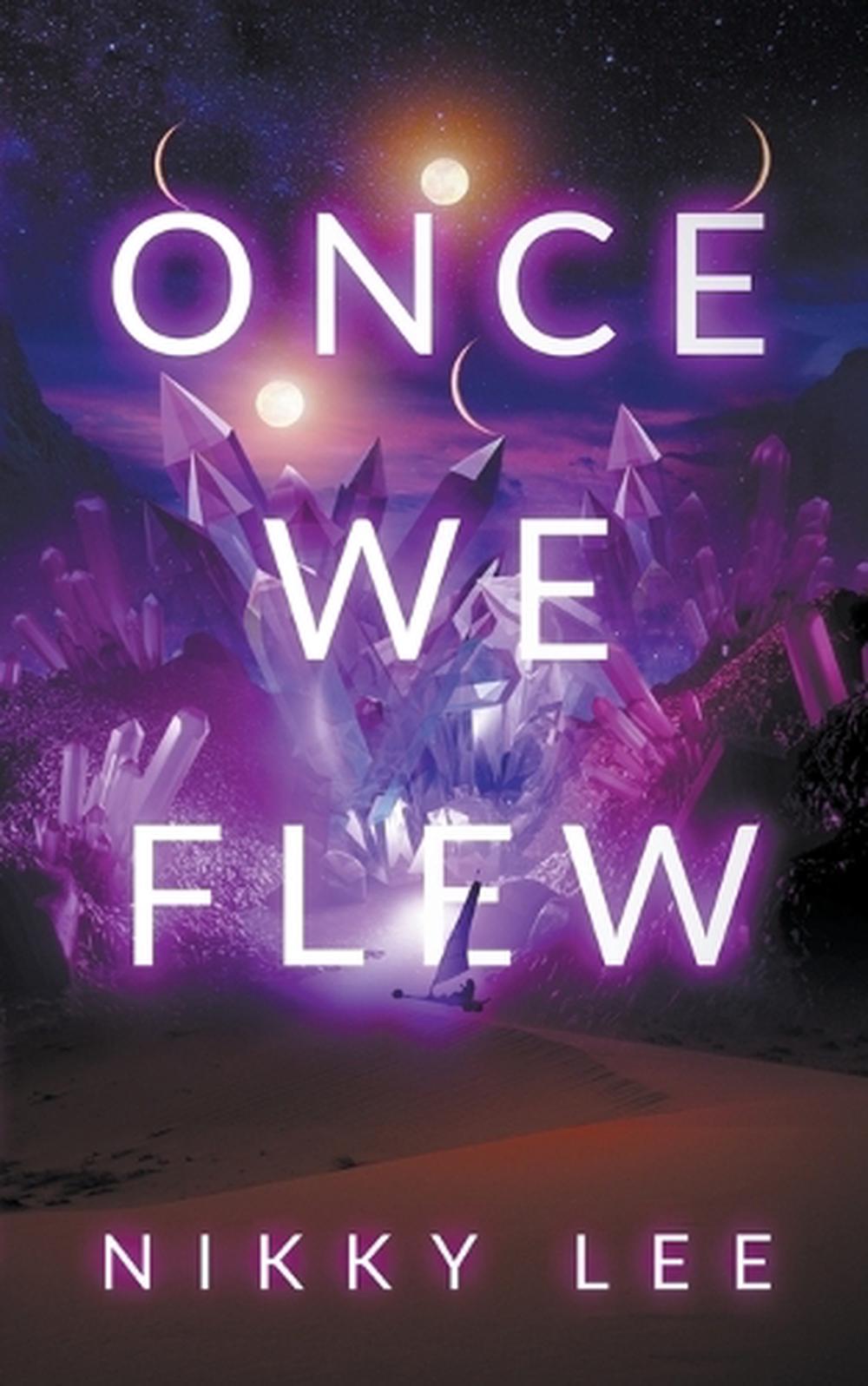
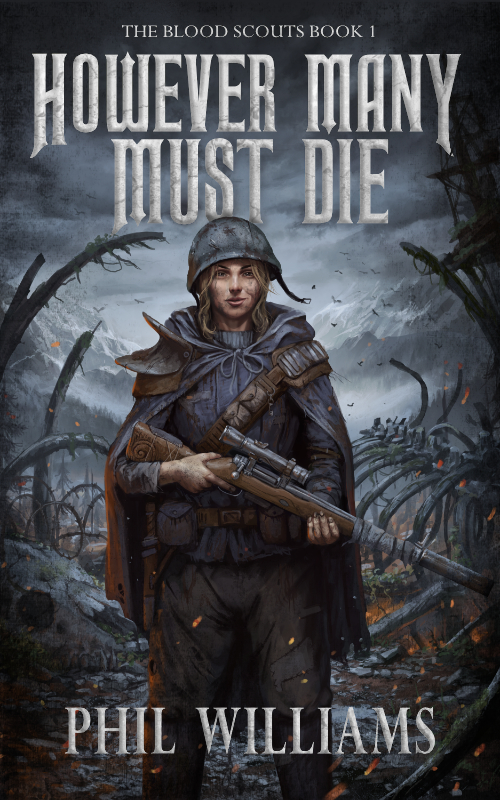
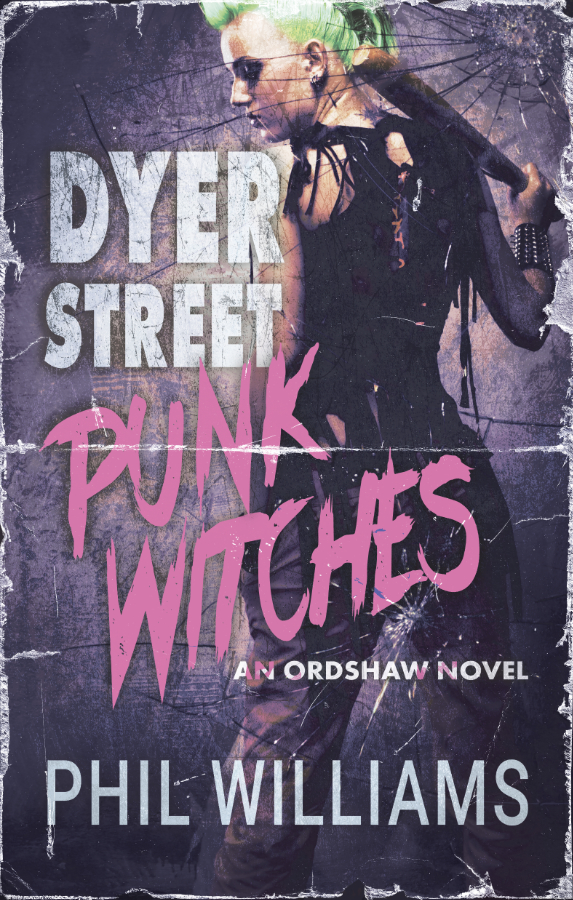
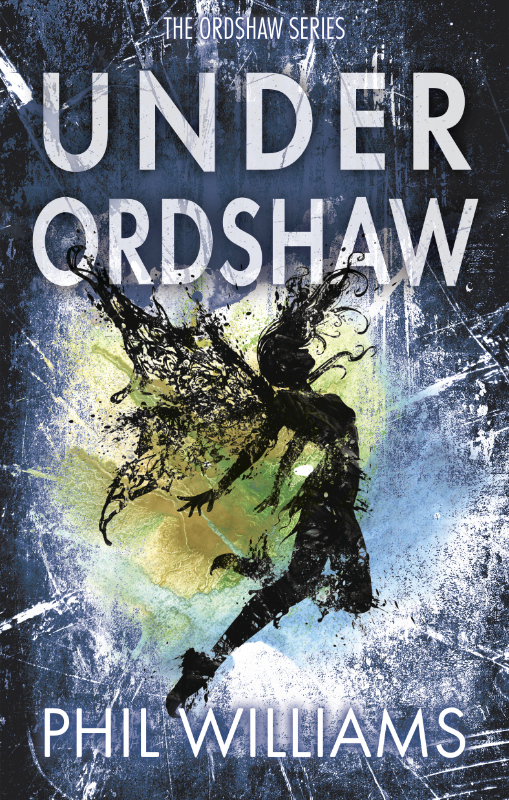
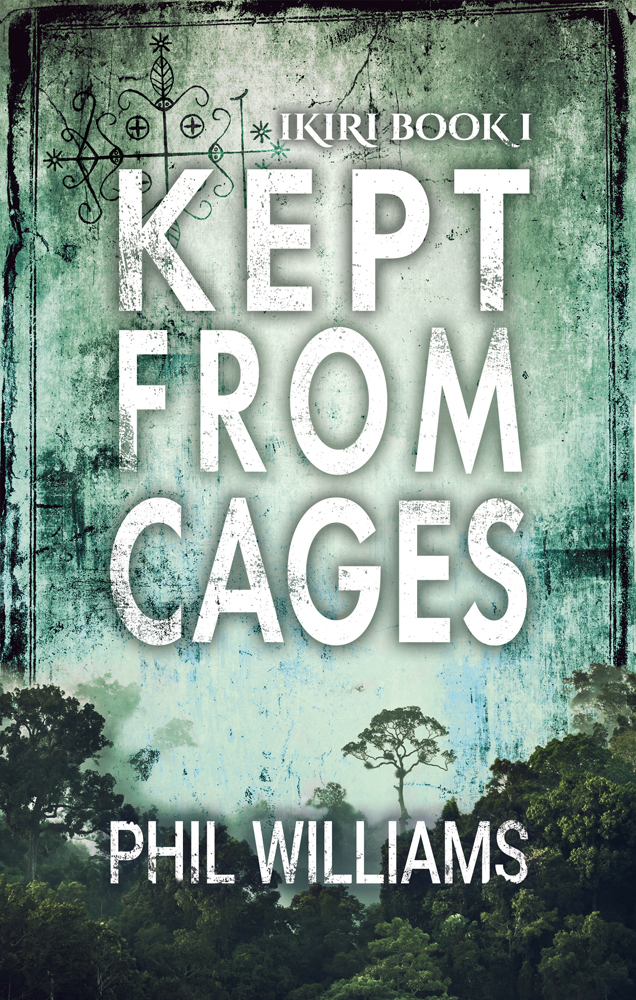
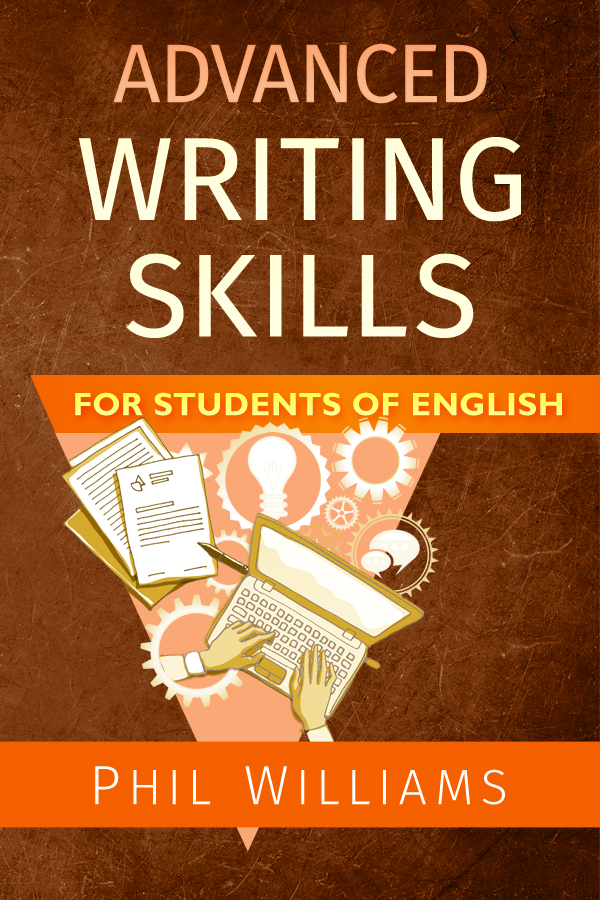
Fantastic as always! I’m always very impressed by writers who excel at short form work, because for me it’s a huge challenge.